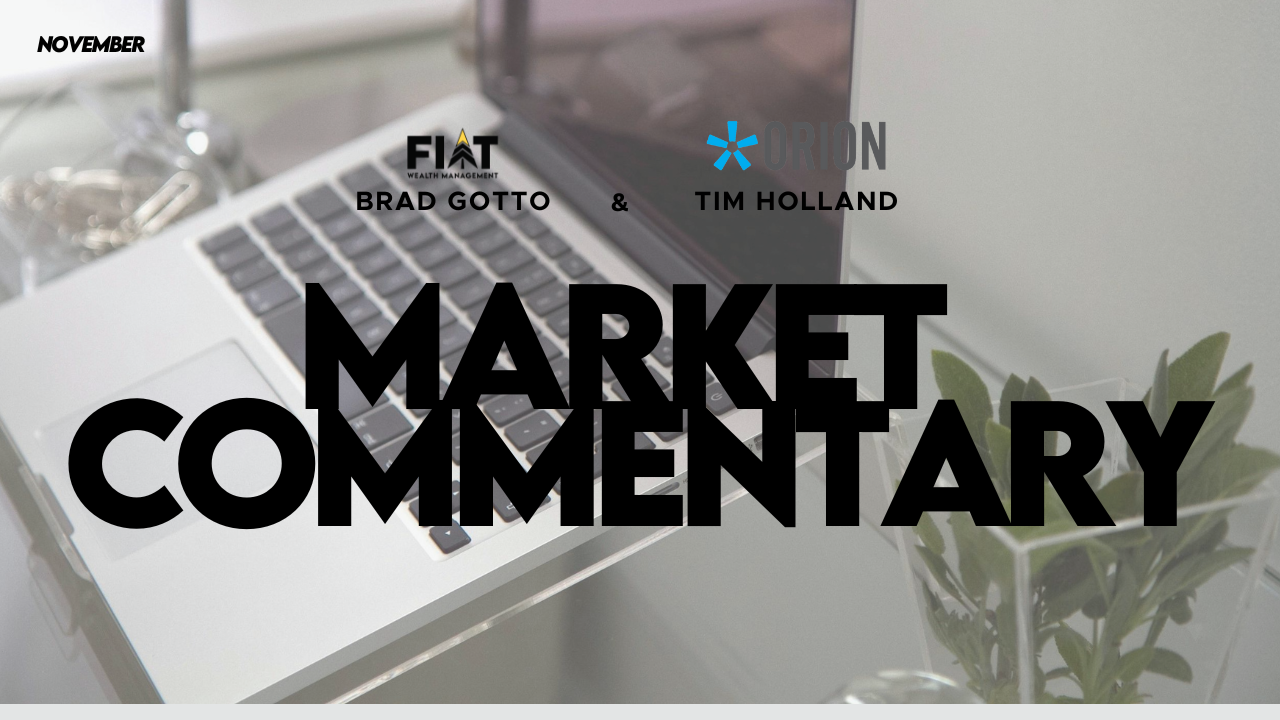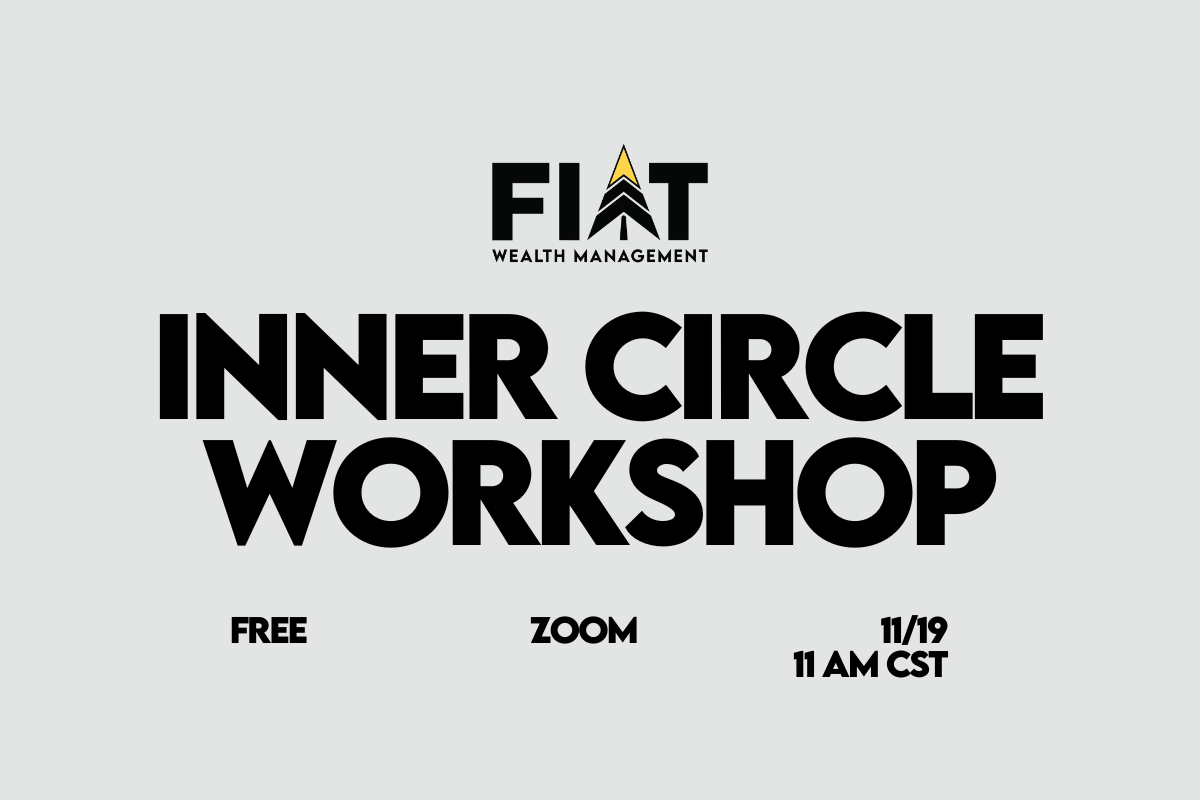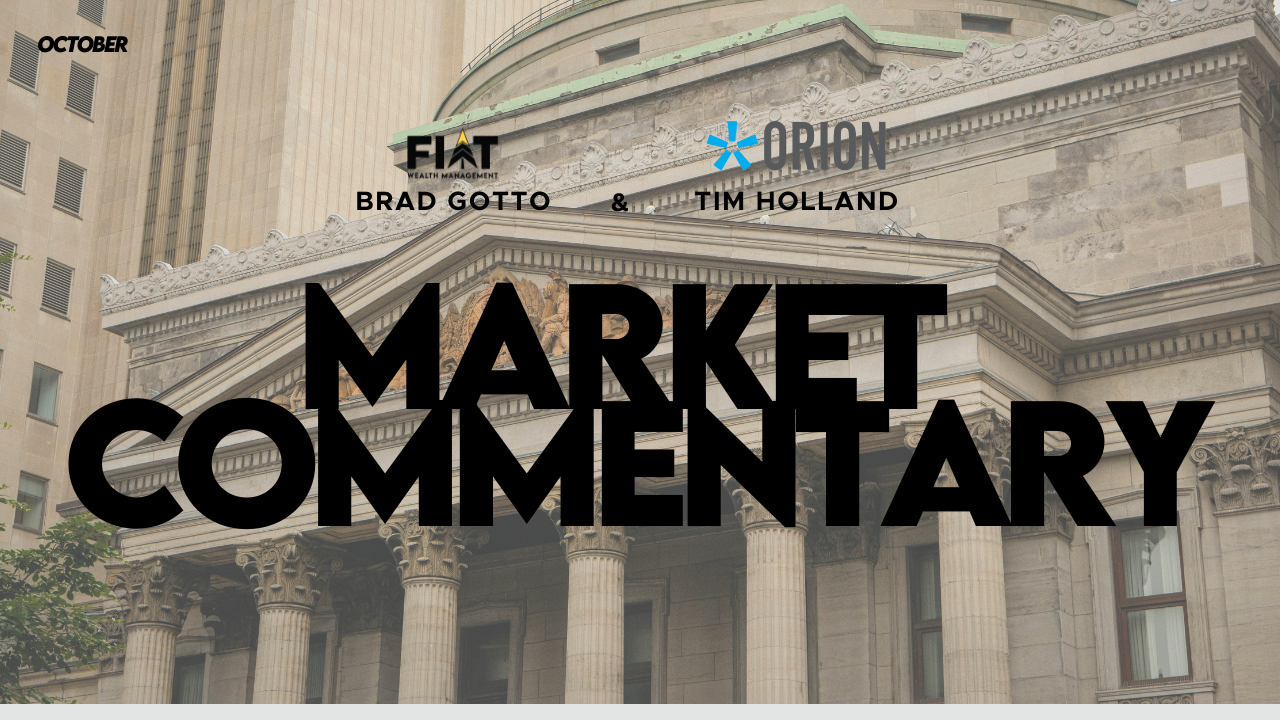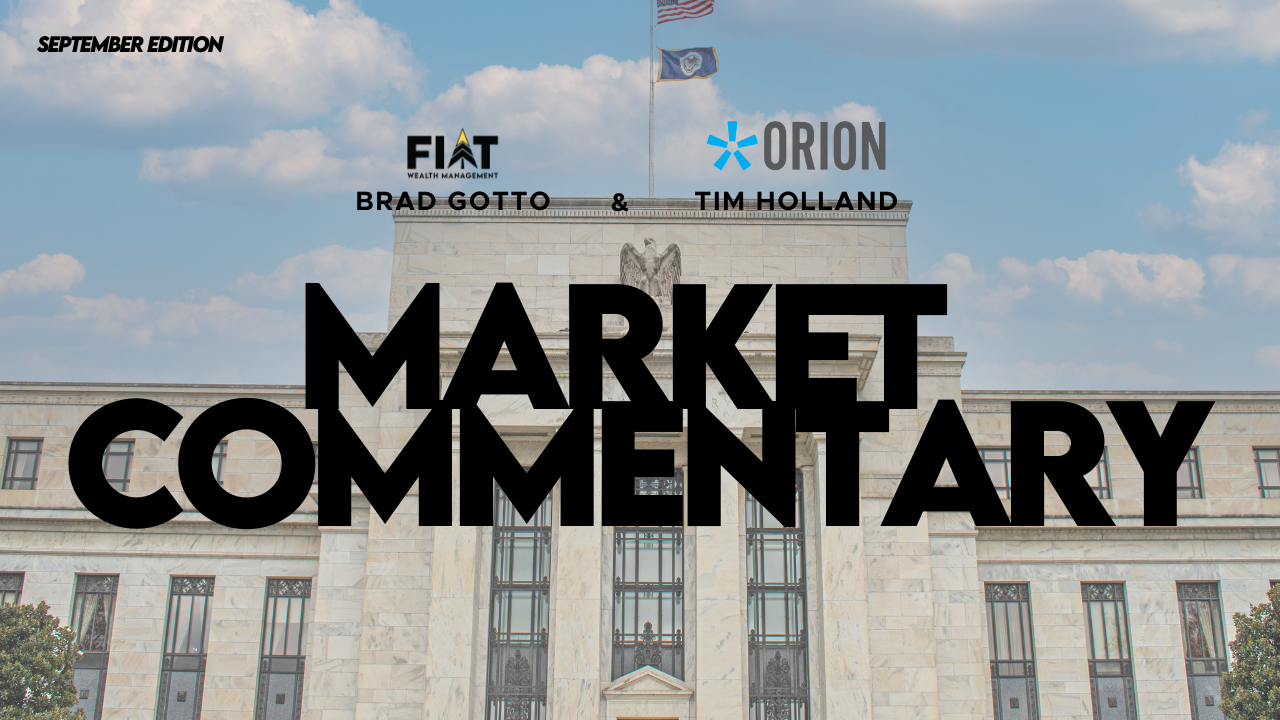The 2022 world of investing is full of many products and strategies which can offer value to an investor. Today we will focus on the difference between stocks and Exchange Traded Funds, which are better known as ETFs. It’s important to first realize that your time horizon and how soon you will need to use the money, should dictate how much risk you take in any investment. Both stocks and Exchange Traded Funds can add value to an overall diverse investment portfolio.
When you own a stock you have “ownership” of the company you bought shares of. As that company increases in value, your share price will tend to increase in value as well. Currently, there are roughly 2400 United States stocks listed on the stock market.
Additionally, stocks can be broken down into a number of most common types of stocks. Those types include; large-cap stocks, mid-cap stocks, small-cap stocks, growth stocks, value stocks, international stocks, dividend stocks and blue chip stocks. Each of these stocks could be included into an overall portfolio to offer diversification. Stocks typically have more risk associated with them, and as a result, you can typically expect to achieve higher rates of return as a stock holder.
The problem is, however, that stocks don’t always go up and when they fall, they have the ability to correct quickly. As an investor in stocks, it’s extremely important to constantly assess both your risk tolerance and your time horizon.

Preparing for Retirement
At Fiat Wealth Management, we specialize in helping families retire. An important part of retirement planning is making sure your investments are positioned correctly for the stage of life you are entering. At retirement, your time horizon looks much differently than it did when someone is 30 years old saving into their 401K. The most common thing we tend to see is people forgetting that their time horizon has shifted. Specifically, we most often tend to meet people who have portfolios that have 70% or more of their money in extremely volatile stocks.
At retirement, it’s important to reevaluate your time horizon and create a plan that positions your assets for spending. This can include reducing the exposure to stocks which have higher volatility. The problem with owning an individual stock is that just about anything negative within the company could quickly lead to a rapid decline in the share price, causing your retirement savings to diminish. These negative events could include; a poor quarterly earnings report, supply chain disruptions, strikes, or a lack in consumer demand.
These shortcomings of stocks is what gave birth to the Exchange Traded Fund (ETF).

Exchange Traded Fund
An Exchange Traded Fund is a basket of securities that can be bought and sold in shares on the stock exchange just like an individual stock. One of the biggest benefits they offer is diversification, which ensures that you, as an ETF holder, aren’t at the mercy of only one company’s performance. By owning an Exchange Traded Fund, you are able to limit volatility in order to spread out your risk among many different companies across many different asset classes.
Another benefit ETFs offer is the ability to invest into many different companies at a cheaper price. Some individual stocks have share prices in the thousands of dollars, where an ETF share price might be a fraction of that price. Within that ETF however, you can have access to those more expensive companies which is a great tool for the retail investor looking for diversification.
Lower Costs
Finally, ETFs have a great benefit for lowering costs. This fact is what has lead to the rapid exit from mutual funds. Mutual funds first accomplished what ETFs currently do, but the issue with mutual funds, however, was their significant costs. ETFs can accomplish the same diversification as a mutual fund at only a fraction of the cost.
As an investor, it’s important to remember that compounding interest is what drives long term returns. In order to benefit from compounding interest, the key is to stay invested, reinvest dividends and let compounding work for you. ETFs are a great way to offer diversification to decrease volatility. Mitigating risk in the stock market could be the one thing that enables someone to stay invested during bad times and in turn let compounding interest work in their favor.
The biggest difference between stocks and ETFs is that ETFs offer diversification while stocks do not. When you invest in a stock, you are investing in one company and are therefore at the mercy of that company’s performance. An ETF, on the other hand, is a basket of securities that allows you to spread out your risk factor among many different companies. ETFs also have the ability to offer lower costs and provide access to more expensive companies. When it comes to retirement planning, it’s important to remember that compounding interest is key.

By investing in an ETF, you are able to stay invested during bad times and let compounding interest work for you.
When it comes to deciding between stocks and ETFs, it’s important to remember your goals and time horizon. If you are close to retirement, it might be beneficial to reduce your exposure to volatile stocks and invest in an ETF instead. ETFs offer diversification, which can help mitigate risk. They also have lower costs and provide access to more expensive companies. If you have a long time horizon, you might be able to weather the ups and downs of the stock market. But if you are closer to retirement, investing in an ETF could be the best way to protect your nest egg.
Looking for more information? Contact us today!
Fiat Wealth Management, LLC is registered as an investment advisor with the SEC and only conducts business in states where it is properly registered or is excluded from registration requirements. Registration is not an endorsement of the firm by securities regulators and does not mean the advisor has achieved a specific level of skill or ability. The firm is not engaged in the practice of law or accounting.













.png)